75 Years On: How Mao Dismantled China’s Spiritual Legacy
30 Sep 2024 20:25:49
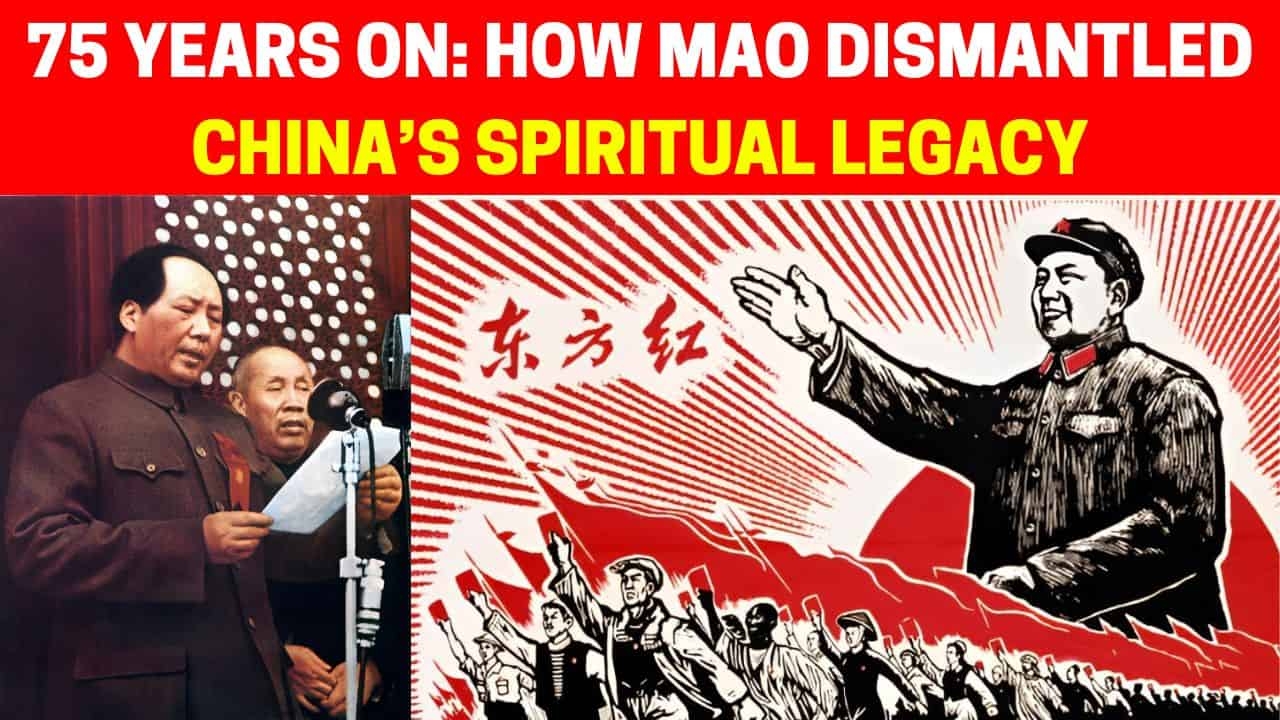
As we mark the 75th anniversary of the formation of the People's Republic of China on October 1, 2024, it is imperative to reflect on the seismic shifts that reshaped a nation once steeped in Buddhist traditions into a landscape marred by dictatorship.
Mao Zedong, a name synonymous with revolutionary zeal, led China down a path that abandoned its spiritual heritage in favour of an oppressive regime, triggering a civil war and decades of turmoil.
Mao's ascent to power was neither peaceful nor unifying. In 1927, he ignited the Chinese Civil War by rallying the peasantry against the Nationalist government led by Chiang Kai-shek.
Under the banner of communism, Mao's Red Army waged a relentless guerrilla warfare that plunged the nation into chaos.
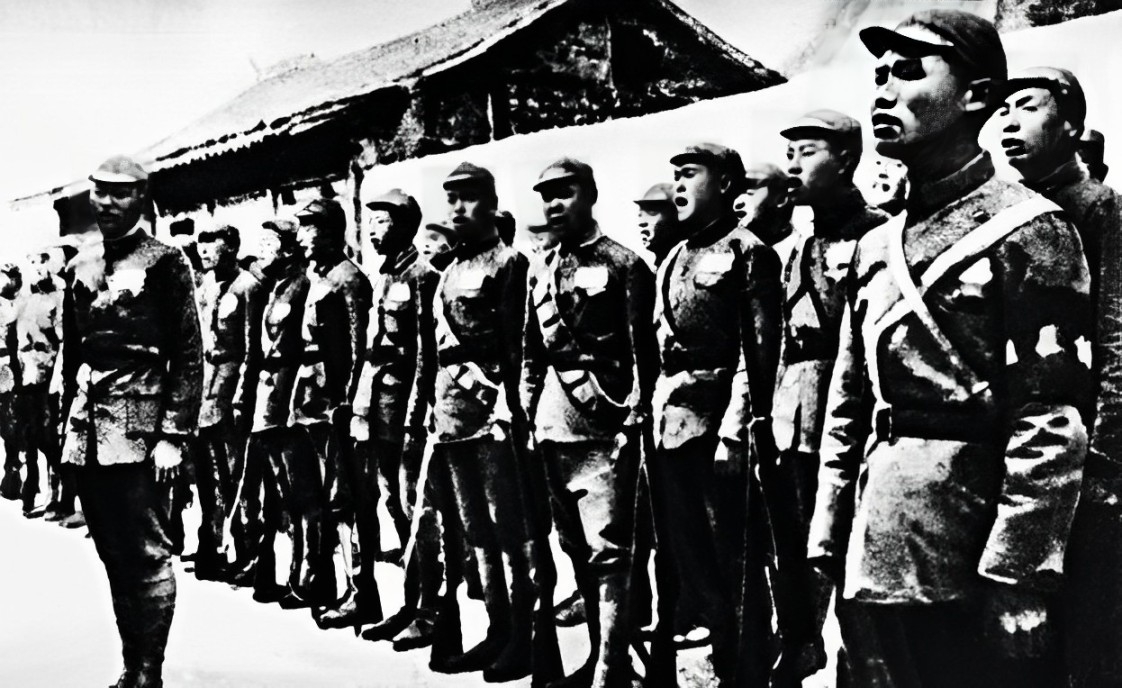
The conflict, which lasted until 1949, resulted in millions of deaths and widespread devastation. Mao's unwavering ambition to impose his ideology disregarded the profound human cost, tearing apart families and communities.
Before Mao's rise, China was a mosaic of spiritual beliefs, with Buddhism playing a significant role in the cultural and moral fabric of society.
Temples were not just places of worship but centres of learning and community gatherings. However, Mao viewed religion as a hindrance to his vision of a communist utopia.
His regime systematically dismantled religious institutions, confiscated temple lands, and persecuted monks and nuns.
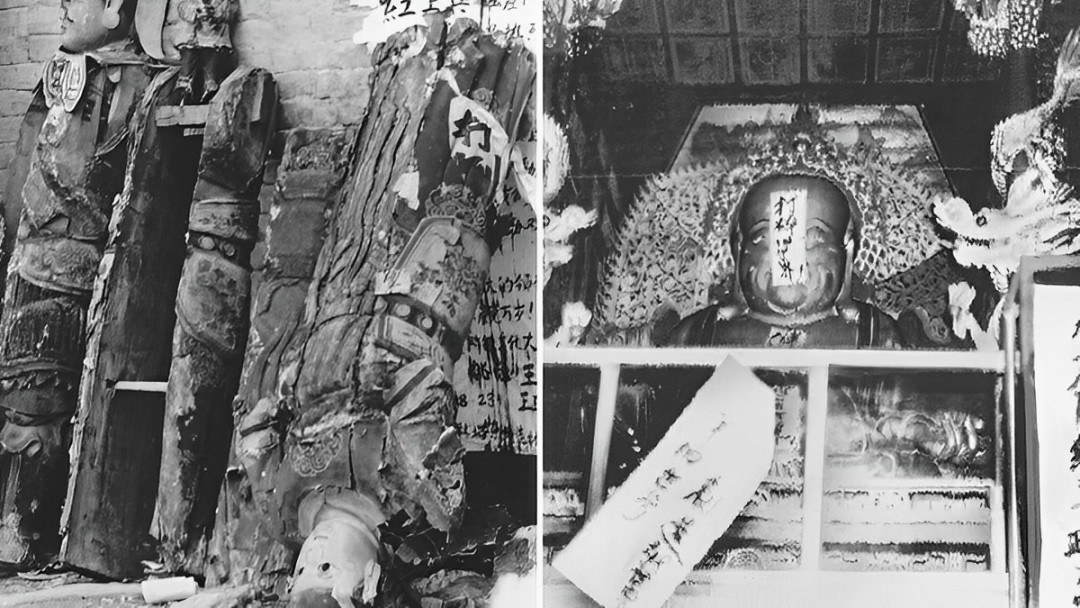
The Cultural Revolution (1966-1976) intensified this assault, leading to the destruction of countless religious artefacts and texts.
The spiritual void left in the wake of this repression had lasting impacts on Chinese society, eroding moral values and community bonds.
Mao's dictatorship was characterised by policies that prioritised ideology over human welfare.
The Great Leap Forward (1958-1962) aimed to rapidly industrialise the nation but resulted in one of the deadliest famines in history, with an estimated 30 million deaths.
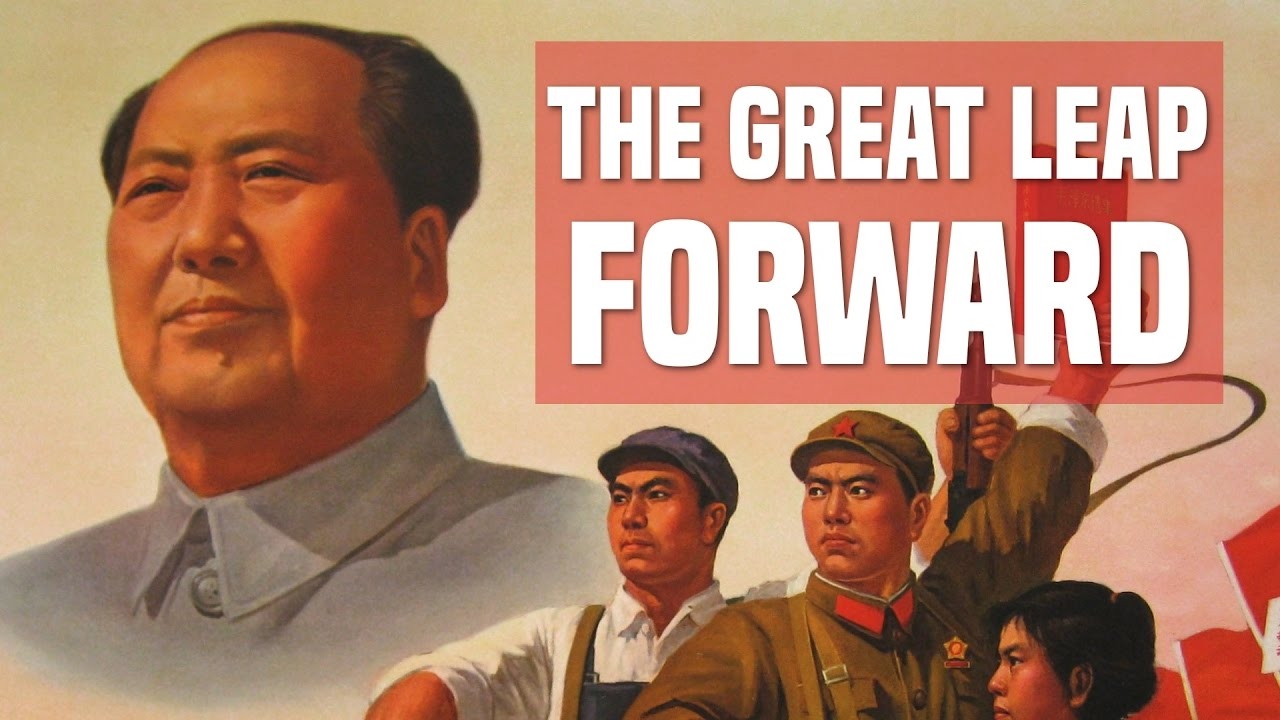
Agricultural collectivization and unrealistic production targets led to food shortages, while the government exported grain to showcase success. Despite the evident failure, dissent was brutally suppressed, and the regime maintained a facade of progress.
The Cultural Revolution further entrenched Mao's totalitarian control. It sought to purge remnants of capitalist and traditional elements, leading to widespread persecution.
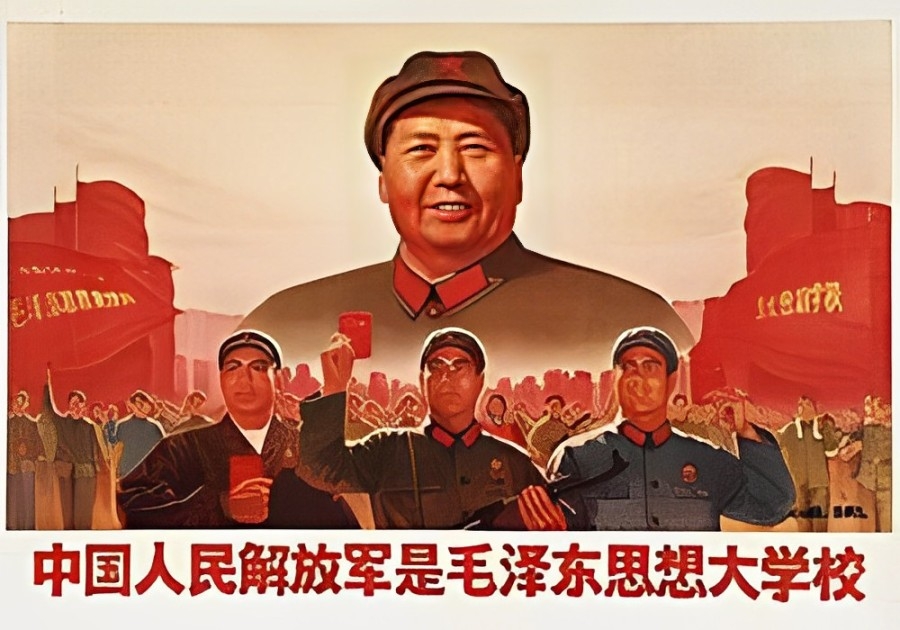
Intellectuals, artists, and even ordinary citizens were accused of counter-revolutionary tendencies, subjected to public humiliation, imprisonment, or worse.
The Red Guards, a youth militia indoctrinated by Maoist ideology, wreaked havoc across the country, destroying cultural heritage sites and instilling fear.
Under Mao's rule, basic human rights were a casualty of the state's quest for ideological purity. Freedom of speech, thought, and religion were suppressed.
The one-party system eliminated political plurality, and the lack of checks and balances allowed for rampant abuse of power.
Families were torn apart as individuals were encouraged to denounce relatives in the name of the revolution.
Education was redirected to serve propaganda purposes, stifling critical thinking and innovation.
Mao's death in 1976 did not immediately alleviate the oppression ingrained in Chinese society. The subsequent leaders grappled with the immense task of rebuilding a nation scarred by decades of mismanagement and fear.
While economic reforms in the late 20th century opened China to the world, the shadows of Mao's dictatorship lingered.
The suppression of the Tiananmen Square protests in 1989 was a stark reminder of the government's continued intolerance for dissent.
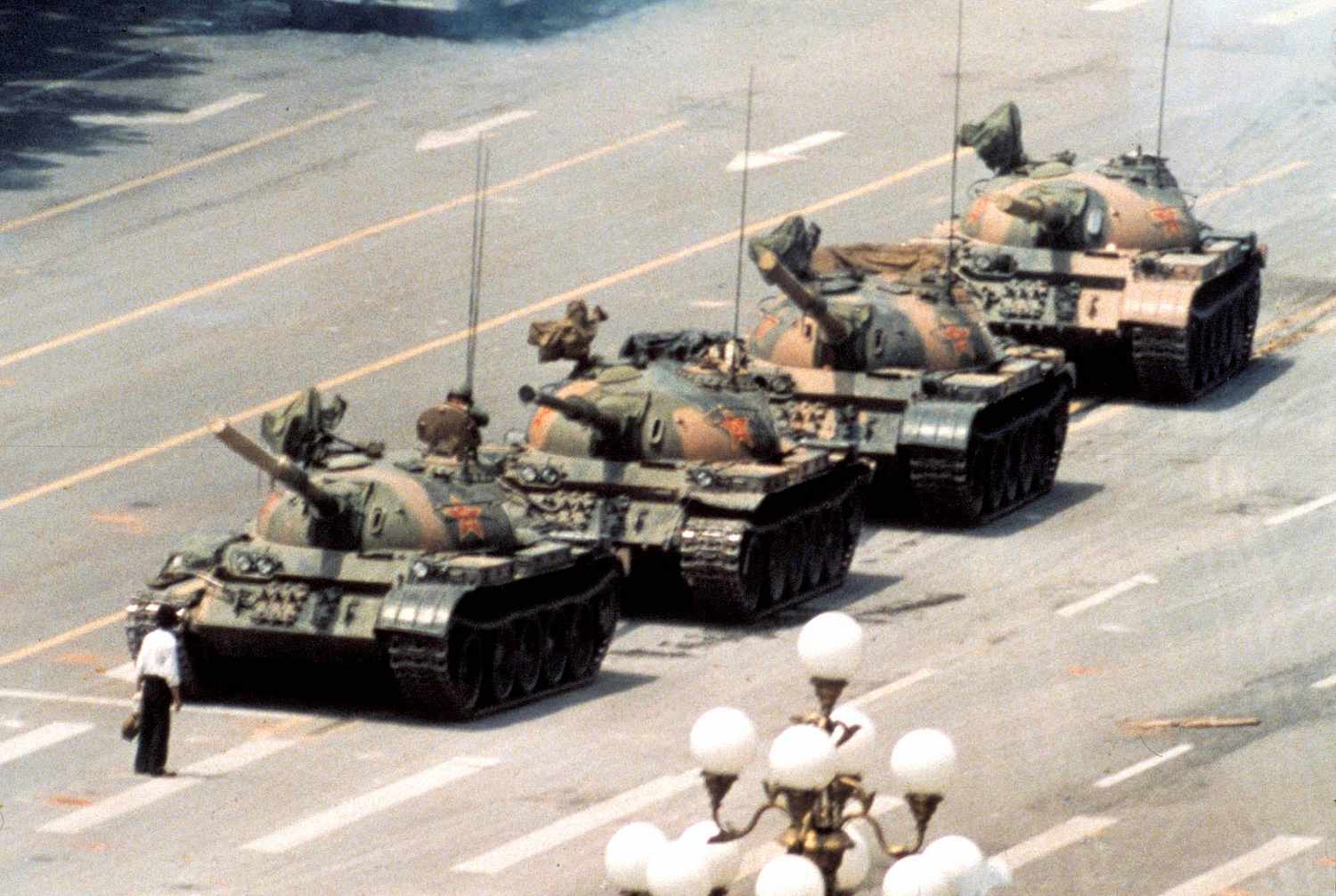
As we observe this significant anniversary, it is crucial to acknowledge the complexities of China's history under Mao Zedong.
His leadership did not liberate the masses as promised but subjected them to unprecedented suffering.
The deliberate dismantling of spiritual and cultural institutions severed the connection to a rich heritage that had guided Chinese society for centuries.
Understanding the detrimental effects of Mao's dictatorship is not just about recounting historical facts but about learning valuable lessons.
It underscores the importance of safeguarding human rights, promoting religious and cultural freedom, and ensuring that the pursuit of political ideology does not come at the expense of humanity.
As China continues to evolve on the global stage, reflecting on this dark chapter is essential in preventing the repetition of such tragedies.
The story of China's transformation under Mao Zedong is a cautionary tale of how absolute power and ideological extremism can devastate a nation.
The abandonment of spiritual values and the embrace of dictatorship led to profound suffering that resonates to this day.
On this anniversary, let us remember the victims of this era and hope for a future where history does not repeat itself.
Article by
Shomen Chandra
Sub Editor, The Narrative